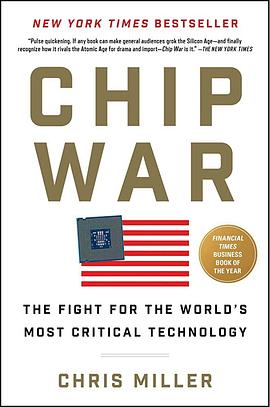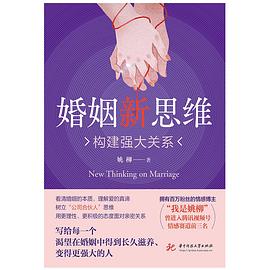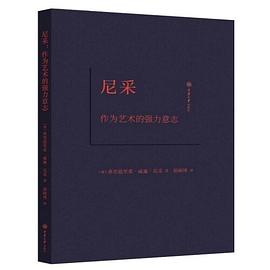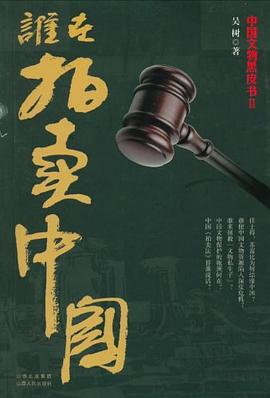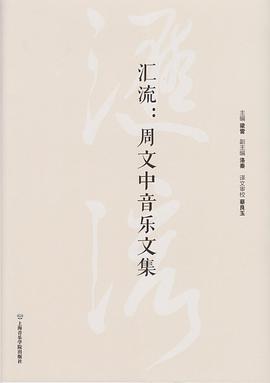Chip war
内容简介
An epic account of the decades-long battle to control what has emerged as the world's most critical resource—microchip technology—with the United States and China increasingly in conflict.
You may be surprised to learn that microchips are the new oil—the scarce resource on which the modern world depends. Today, military, economic, and geopolitical power are built on a foundation of computer chips. Virtually everything—from missiles to microwaves, smartphones to the stock market—runs on chips. Until recently, America designed and built the fastest chips and maintained its lead as the #1 superpower. Now, America's edge is slipping, undermined by competitors in Taiwan, Korea, Europe, and, above all, China. Today, as Chip War reveals, China, which spends more money each year importing chips than it spends importing oil, is pouring billions into a chip-building initiative to catch up to the US. At stake is America's military superiority and economic prosperity.
Economic historian Chris Miller explains how the semiconductor came to play a critical role in modern life and how the U.S. become dominant in chip design and manufacturing and applied this technology to military systems. America's victory in the Cold War and its global military dominance stems from its ability to harness computing power more effectively than any other power. But here, too, China is catching up, with its chip-building ambitions and military modernization going hand in hand. America has let key components of the chip-building process slip out of its grasp, contributing not only to a worldwide chip shortage but also a new Cold War with a superpower adversary that is desperate to bridge the gap.
Illuminating, timely, and fascinating, Chip War shows that, to make sense of the current state of politics, economics, and technology, we must first understand the vital role played by chips.
......(更多)
作者简介
Chris Miller teaches International History at Fletcher School at Tufts University. He is also Jeane Kirkpatrick Visiting Fellow at the American Enterprise Institute and Eurasia Research Director of the Foreign Policy Research Institute. He is regularly quoted in publications such as the Wall Street Journal and the New York Times, is featured on CNBC and NPR, and writes for publications like Foreign Affairs and Foreign Policy. He is author of three books: Putinomics: Power and Money in Resurgent Russia, The Struggle to Save the Soviet Economy and We Shall Be Masters: Russian Pivots to East Asia from Peter the Great to Putin. He received his PhD and MA from Yale University and his AB in history from Harvard University. For more information, see www.christophermiller.net
......(更多)
目录
......(更多)
读书文摘
西盟的光源需要由一种新的激光器以足够大的功率轰击锡滴产生。这需要功率比以前任何激光器都要强大的二氧化碳激光器。
美苏两国的半导体系统却是天壤之别。硅谷的新创企业创办人会跳槽,并在厂房里累积实务经验;萧金则是从莫斯科的部长办公桌发号施令。
苏联人在职涯发展上追求的是在官僚体系内晋升,而不是设计新产品或寻找新市场。
......(更多)
